Category: News
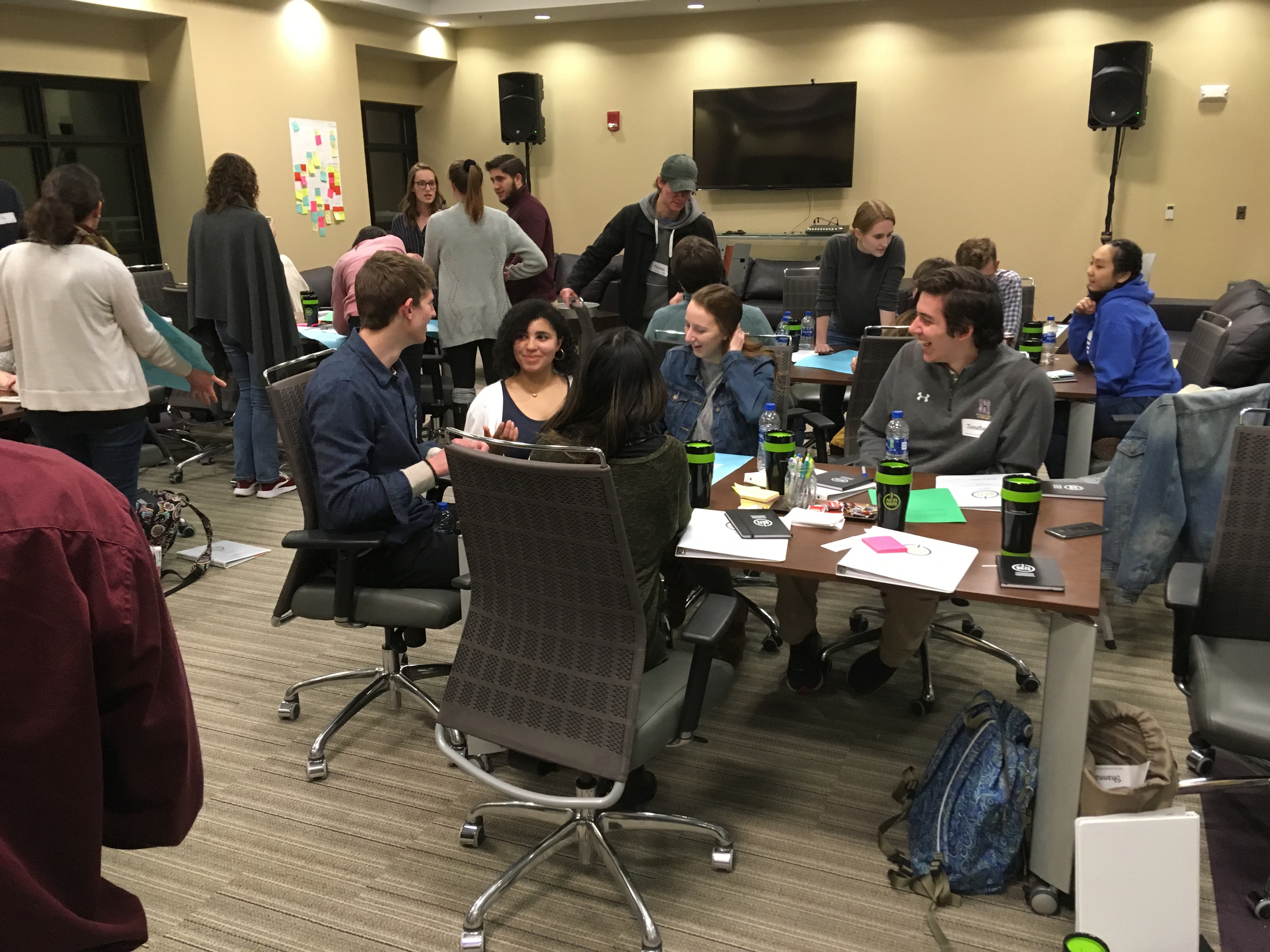
Sophomore Leadership Conference Returns
By Elise Koelbl It was gone but not forgotten. After a year of strict COVID-19 guidelines forcing its absence, February…
MLK Day Changes Wrought by Snowstorm
By Anna Catherman Across the nation on Monday, Jan. 17, Martin Luther King Jr.’s birthday was celebrated with a variety…
Center for Sustainability Hosts Open House
By Megan Brown On a bitterly cold Friday afternoon in late January, while most students were heading back to their…
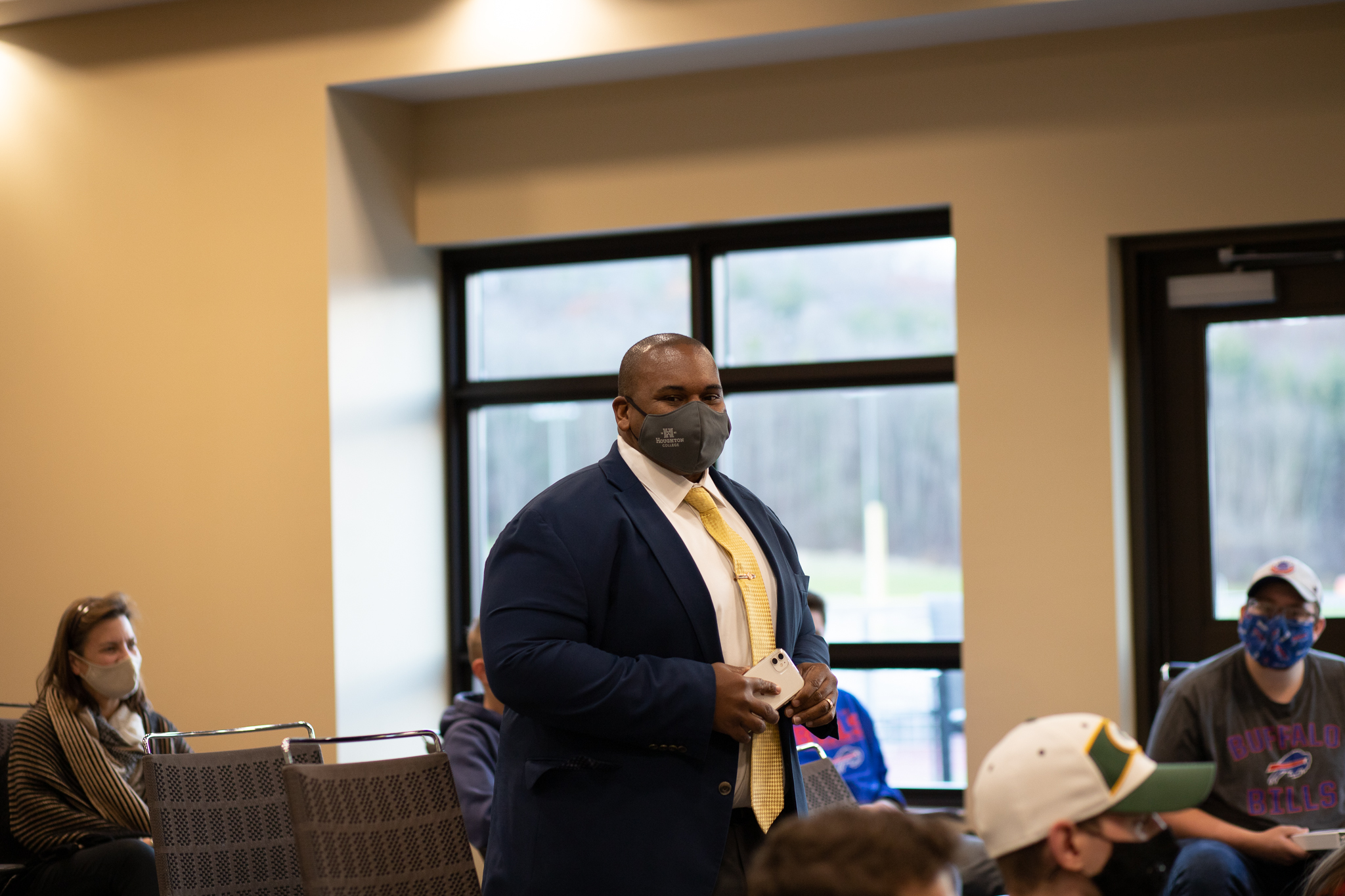
President Lewis’ First Semester in Review
By Joshua Carpenter ('24) In the Fall semester of 2021, Houghton College welcomed Dr. Wayne D. Lewis, Jr. as its…
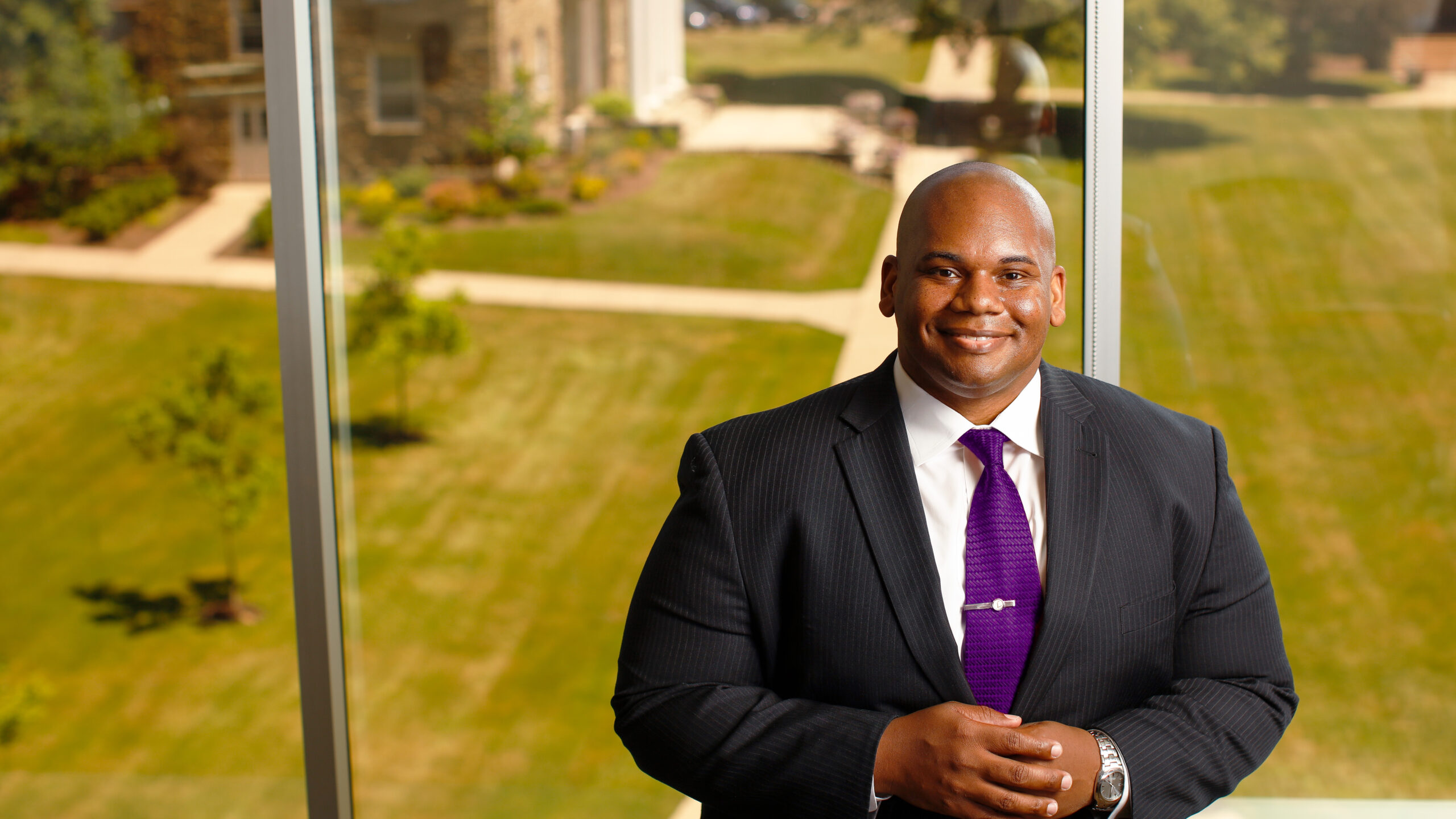
Excitement Builds for Houghton’s Sixth Presidential Inauguration
By Anna Catherman (’24) Purple and Gold Week will come to a climax on Friday, Oct. 1 with the inauguration…
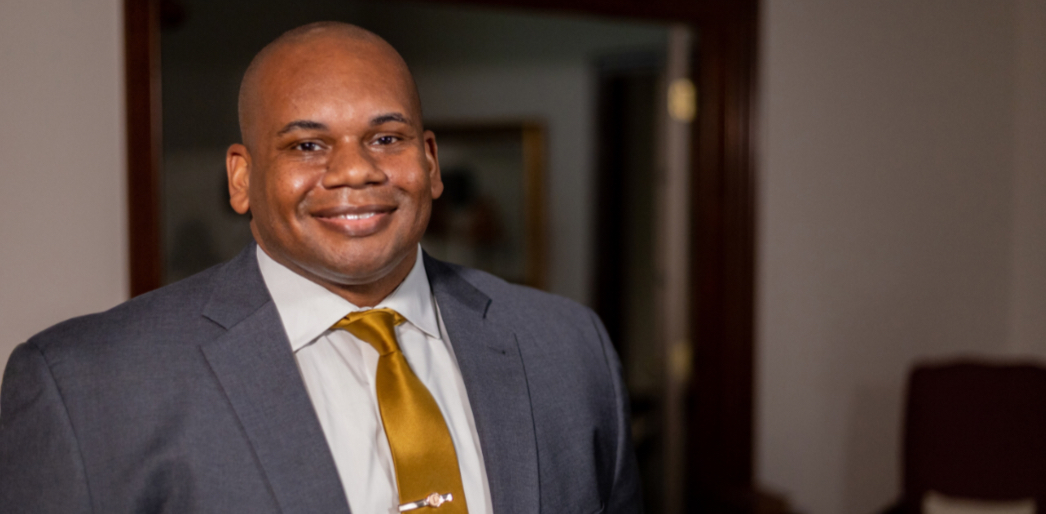
May 05, 2021
News
Dr. Wayne D Lewis Jr. Announced as 6th President of Houghton College
On Wednesday, April 28, Dr. Wayne D. Lewis Jr. was announced as the 6th president of Houghton College. Following President…

May 05, 2021
News
River Dog Fly Shop Now Open in Houghton
Those in the Houghton community have probably noticed that the building which was once Subway and then vacated for a…
May 05, 2021
News
SEC, CAB, and STAR Offices Undergo Remodeling
By Anna Catherman (‘24) A few of Houghton’s most prominent student organizations will be playing musical chairs this spring. Soon…
May 05, 2021
News
Houghton Archery Club Coming Fall 2021
By Anna Catherman (‘24) Students will have an exciting new extracurricular activity to join in the fall semester when the…
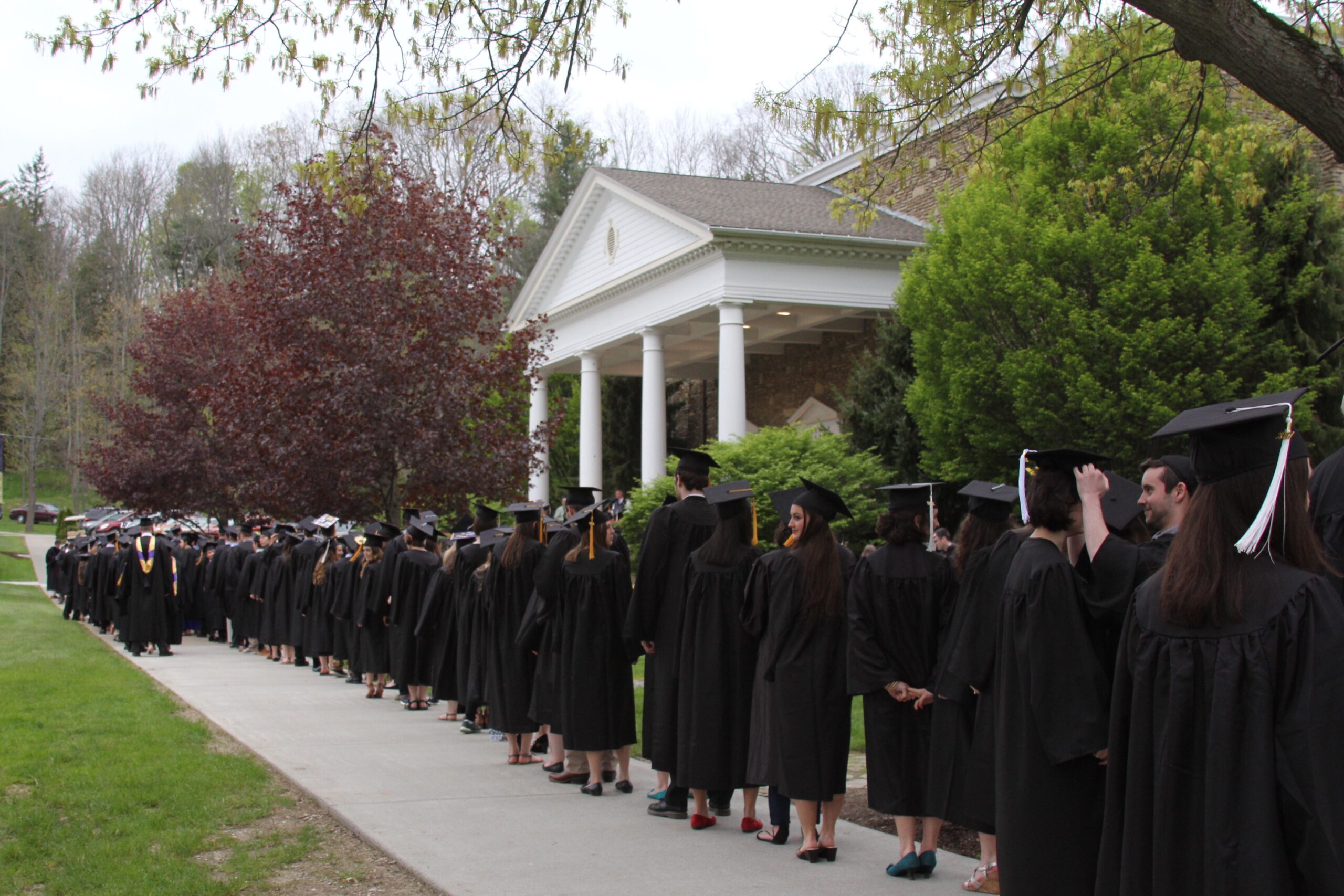
May 05, 2021
News
2021 Commencement to be Held in Person
By Elise Koebl (‘22) It has been a little over a year since Covid scared the world and was thrown…
